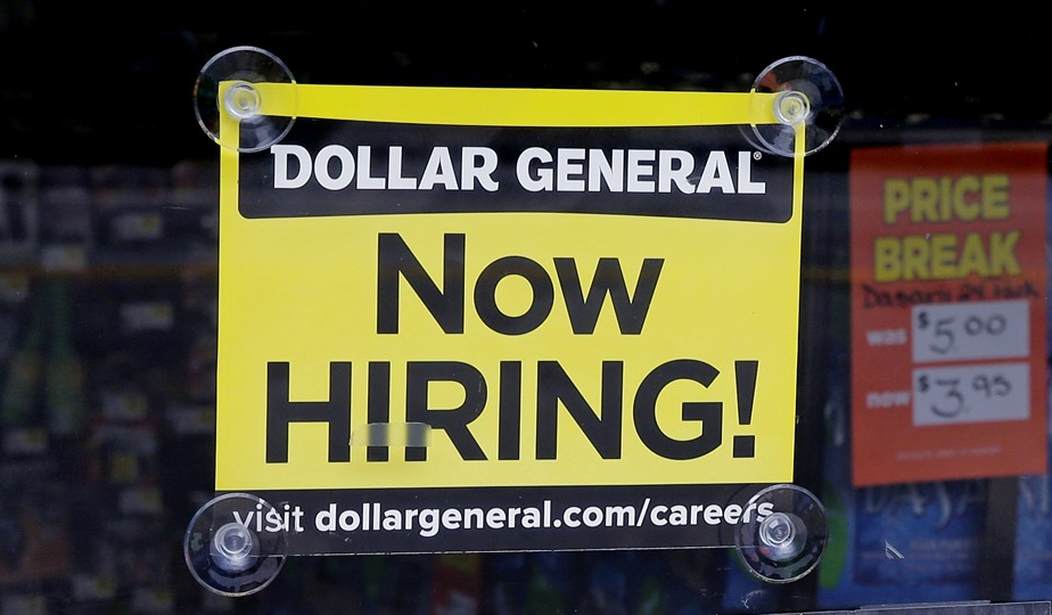Despite the frequent media pushback against any mention of this phenomenon, the message seems to be setting in that the continuation of federally enhanced unemployment benefits is keeping some workers at home who might otherwise have returned to their jobs. That’s been a mostly anecdotal (and sensible, in my opinion) argument from the beginning, but was there any way to nail it down with some solid data? We’re still not 100% there yet, but a report this weekend from the Wall Street Journal does appear to add another brick to the wall. In states like Missouri where the government is terminating the federal enhancements early, unemployment rates are falling faster than in most (but not all) of the states where the benefits are set to continue until the federal expiration date in September.
The number of unemployment-benefit recipients is falling at a faster rate in Missouri and 21 other states canceling enhanced and extended payments this month, suggesting that ending the aid could push more people to take jobs.
Federal pandemic aid bills boosted unemployment payments by $300 a person each week and extended those payments for as long as 18 months, well longer than the typical 26 weeks or less. The benefits are set to expire in early September, but states can opt out before then.
Missouri Gov. Mike Parson said the benefits were helpful during the height of the pandemic, but their continuation has “worsened the workforce issues we are facing.”
The numbers being reported in this study seem to line up with some of the assumptions we’d seen earlier and they scale up based on the cutoff date. In states where enhanced benefits will end this month, the number of workers receiving benefits decreased by 13.8% as of the second week of June. In states announcing an end of the benefits in July, that number fell by 10%. In the states where the program will run through September, the decrease was only 5.7%. While perhaps still not definitive, it certainly seems like a fairly solid indicator, doesn’t it?
But the rule doesn’t appear to apply everywhere. The New York Times put out an article on the same weekend describing the hiring situation in Missouri. Despite being one of the first states to curtail the federal unemployment benefits enhancement, people organizing job fairs are still saying that not enough people are showing up to apply for work.
The problem with that analysis is that it’s 100% anecdotal and doesn’t include any numbers. A quick check shows that Missouri had 113,497 people on unemployment as of June 19. That’s a far cry from the more than 130,000 they had one year ago. But it’s also down considerably from the 128,800 they had in the middle of May. Just looking at the raw numbers, it appears that Missouris is also following the trend.
The media pushback on this story is similar to the treatment the Wuhan lab virus origin story received. From the first moment someone (generally a Republican governor) suggested that paying people nearly double the normal unemployment benefits (in some cases) might keep them at home rather than going back to a job waiting tables, our journalistic betters began clutching their pearls. It was insulting and offensive to suggest such a thing. Surely the workers are just staying home because they can’t find affordable childcare and they’re still afraid of catching COVID.
I won’t deny that both of those may have also been factors in some people’s decisions. But a lot of those younger workers who were let go from lower-paying jobs don’t have children. And younger people are among the most hesitant to be vaccinated because they know they’re at significantly less risk. But if you can make more money (or even the same amount) every week sitting at home than you can waiting tables, is it really so crazy to believe that some people won’t leap back into the working pool?









Join the conversation as a VIP Member